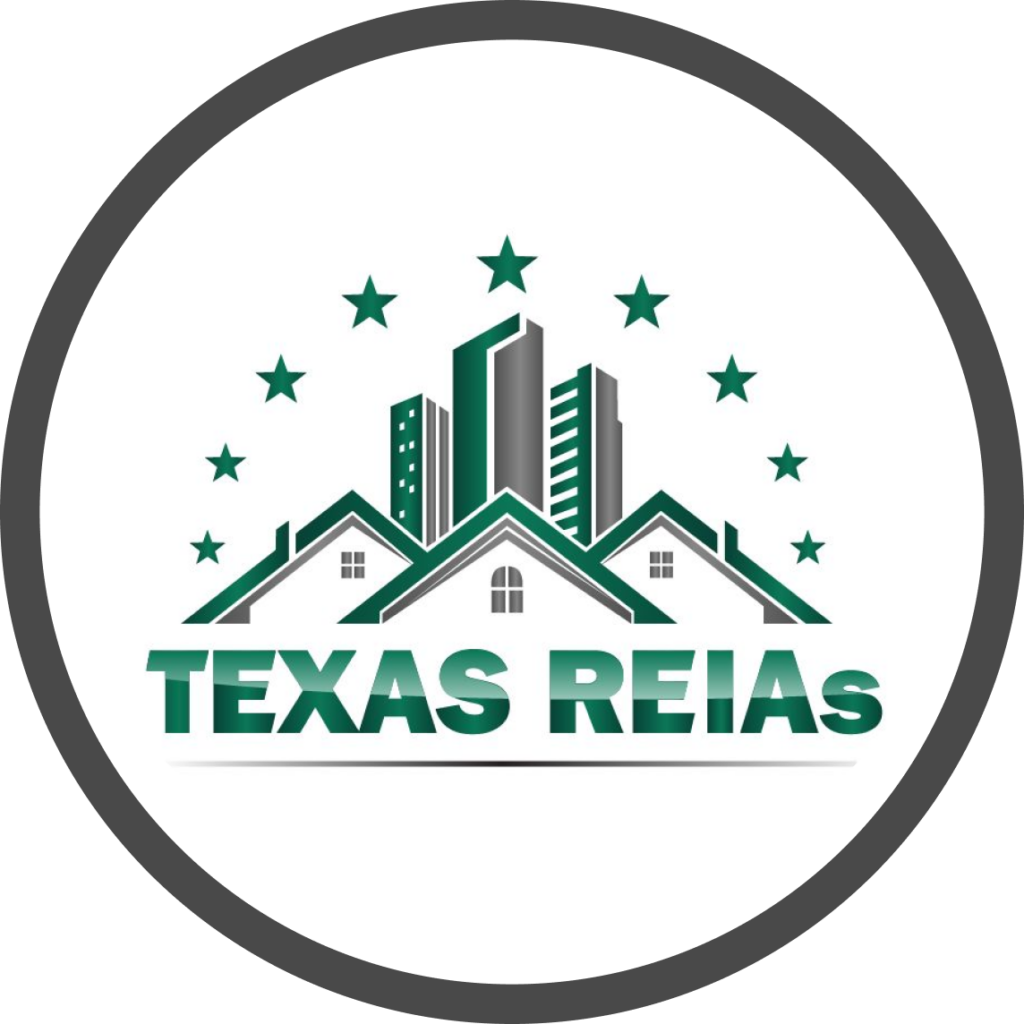Introduction
Leaving behind the corporate world for a career in house flipping might seem unconventional to many, but for one Filipino investor, it’s been a path to financial independence and personal fulfillment.
Career Transition
-
-
- Previous Career: Accountant in corporate finance, specializing in taxes and auditing.
- Motivation to Switch: Desire for more control over his time and future, beyond the constraints of corporate hierarchy and long work hours.
-
Family Reaction
-
-
- Initial Skepticism: Parents and peers viewed real estate investing as risky and unconventional.
- Cultural Expectations: Traditional Filipino values emphasize stable careers and education, which initially clashed with his entrepreneurial ambitions.
-
Passion for Real Estate
-
-
- Driving Force: Saw real estate as a leveraged asset that could accelerate wealth-building and provide more autonomy.
- Financial Freedom: Believed in escaping the “work until retirement” mindset by creating passive income streams through property investments.
-
Challenges and Growth
-
-
- Early Doubts: Faced ridicule for investing in properties rather than pursuing a traditional home.
- Learning Curve: Overcame initial challenges of managing tenants and property renovations.
- Strategic Approach: Developed systematic methods to identify profitable investments and manage risk effectively.
-
Impact and Future
-
-
- Community Influence: Finds satisfaction in revitalizing properties and contributing positively to local neighborhoods.
- Long-Term Goals: Aims to expand his real estate portfolio and inspire others to consider alternative paths to financial success.
- Personal Fulfillment: Embraces the freedom and creativity that come with being his own boss and building his dream.
-
Conclusion Leaving behind a stable corporate career to pursue house flipping wasn’t just a financial decision for this Filipino investor—it was a leap towards personal fulfillment and a testament to the power of embracing unconventional paths to success.







